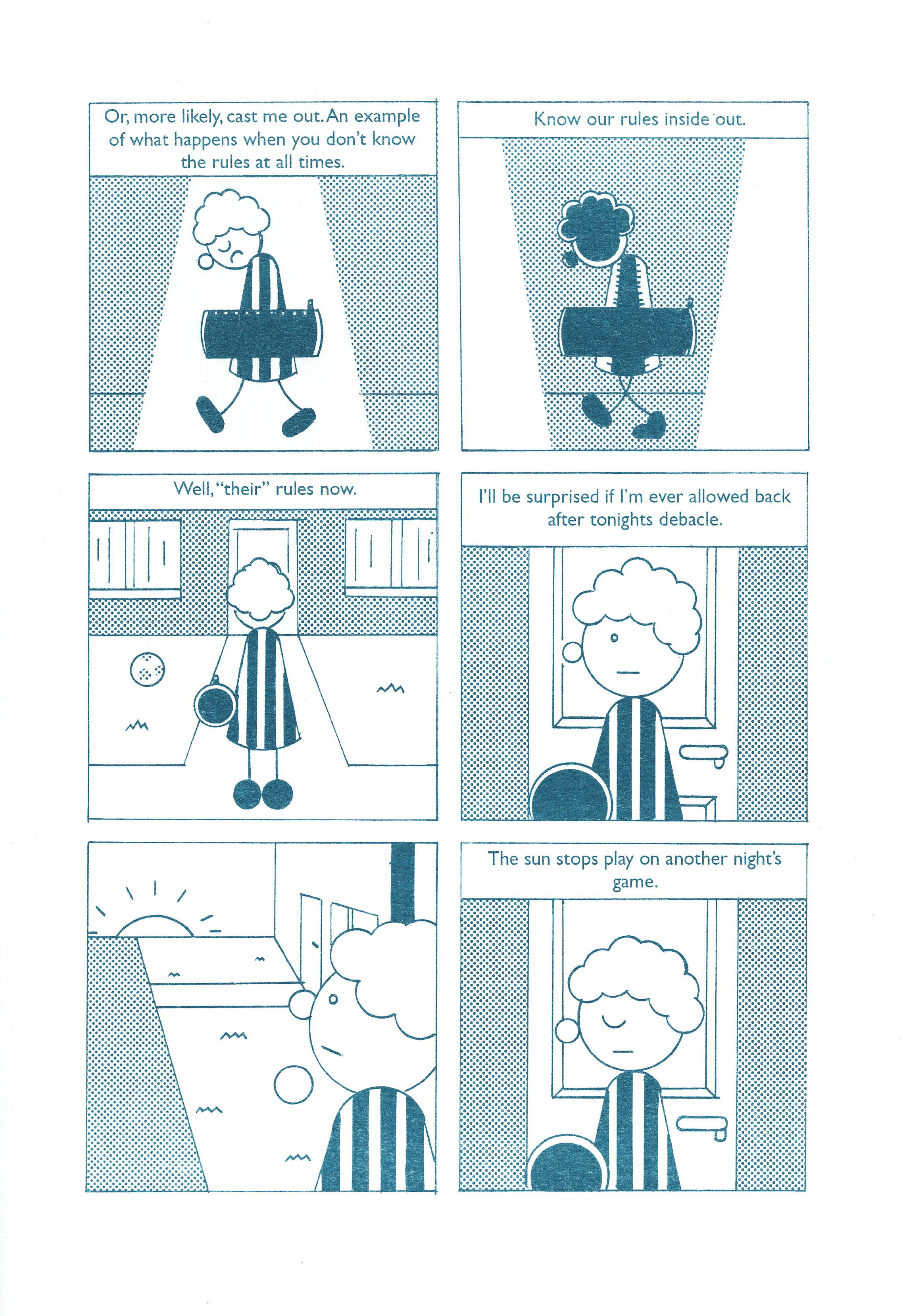Examining the measures that one of the World’s Biggest Artists shall go to own the rights to her own music
Words by Robyn Cowie, Online Production Editor
Taylor Swift released Red (Taylor’s Version) on Friday 12th of November, her latest re-record venture in her long standing catalogue of music. Swift released the updated version of her critically acclaimed fourth album, Red, which was originally released in 2012. This re-release is a follow on from her first re-recorded album, Fearless (Taylor’s Version), which was released in April 2021.
Red, the first time round, took Swift to the heights of stardom to which she has become known and also began her journey from a country starlet to a leading figure in the global pop industry. The original Red contained hit tracks for the singer such as ‘We Are Never Ever Getting Back Together’, ‘I Knew You Were Trouble’ and ‘22’.
Red (Taylor’s Version) was announced over the summer, with the tracklist being unveiled on August 6, 2021. In which Taylor Swift confirmed collaborations with the likes of Phoebe Bridgers and Ed Sheeran. Swift also confirmed the “From the Vault” tracks, which were songs that were originally written for Red but did not make the final cut.
The controversy regarding Swift’s master records is one which has been ongoing for several years, when Swift’s first six studio albums were acquired by American talent manager Scooter Braun, when he attained Big Machine Records, Swift had parted from the label in 2018. In a social media post, Swift stated that she had been trying to buy the masters to her first six albums, but that those offers had not been successful. In response to her music master’s controversy, Swift announced she would re-record her first six studio albums to create new masters, with those being ‘Taylor’s Version’, giving her complete ownership of her back catalogue.
Taylor Swift is not the first artist to go to such extreme lengths in order to gain her music masters. Whether it is Prince changing his name in 1993, to the infamous unpronounceable, which led to him becoming known as ‘The Artist Formerly Known as Prince’ in order to gain control over his masters and subsequently releasing once he finally has gained those masters rights, named Emancipation. Or The Rolling Stones, who when informed by their Record company they had to record a final single in their contract, so they created a song so offensive it could not be put out. The track, Schoolboy Blues, which due to the sexually explicit nature of the lyrics was never commercially released in the UK. Or Frank Ocean, who due to the credible success of Channel Orange, allowed Ocean to sack his management, legal team publicists, and used his new wealth to purchase all of his master recordings and buy himself out of his contract.
Artists going to extreme measures to own their own craft is not something new and sadly an issue which shall never go away. However, apart from fans of Swift getting both updated versions of their favourite songs as well as previously unreleased material, she has prompted a greater discussion about intellectual property rights and the ethics of the modern music industry. This discourse is only set to grow as Swift continues to re-release her past works and perhaps inspire other leading artists to also challenge the industry status quo.





